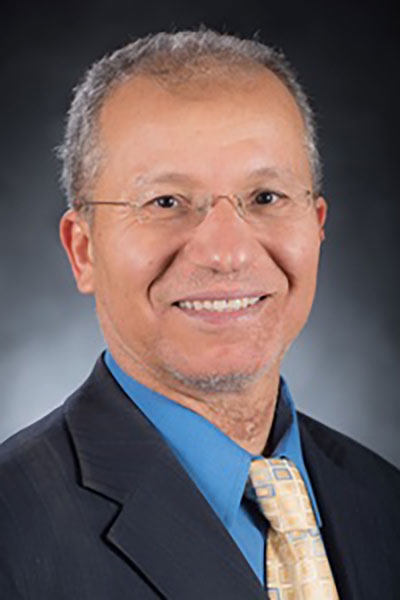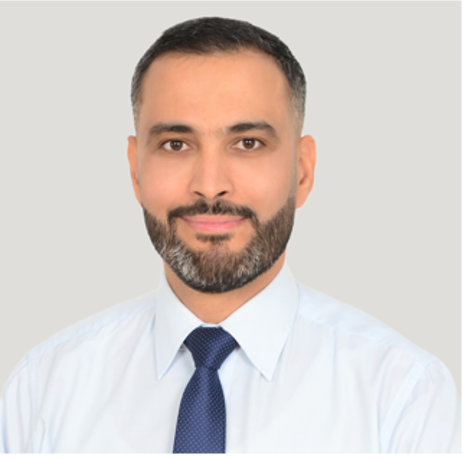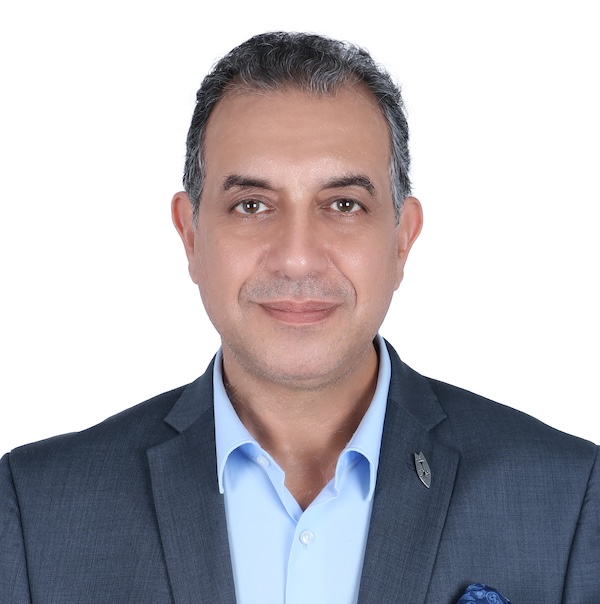Jump to Speaker

Prof. Mohsen Guizani
Professor of Machine Learning
Mohamed Bin Zayed University of Artificial Intelligence (MBZUAI), UAE
Click to view full biography and details
Keynote Talk
Intelligent Autonomous IoT Systems
To meet the diverse requirements for intelligent autonomous IoT systems and ensure privacy, the concept of Federated Learning (FL) was proposed and used. An IoT using computing edge technologies, security related technologies and machine learning, to enable smart autonomous systems is envisioned. In addition, FL has provides a platform in many of these applications to protect the data and reduce latency. These smart services/applications rely on efficient computation and communication resources. In this talk, we showcase our research activities that will contribute to these efforts and advocate possible solutions using these models. Then, we share some ideas on how to apply this technology to future applications, such LLMs, TinyAI and Robotics, etc.
Biography
Mohsen Guizani (Fellow, IEEE) received the BS (with distinction), MS and PhD degrees in Electrical and Computer engineering from Syracuse University, Syracuse, NY, USA. He is currently a Professor of Machine Learning at the Mohamed Bin Zayed University of Artificial Intelligence (MBZUAI), Abu Dhabi, UAE. Previously, he worked in different institutions in the USA. His research interests include applied machine learning and artificial intelligence, smart city, Internet of Things (IoT), intelligent autonomous systems, and cybersecurity.
He became an IEEE Fellow in 2009 and was listed as a Clarivate Analytics Highly Cited Researcher in Computer Science, 2019 to 2022. Dr. Guizani has won several research awards including the "2015 IEEE Communications Society Best Survey Paper Award", the Best ComSoc Journal Paper Award in 2021 as well 5 Best Paper Awards from ICC and Globecom Conferences.
He is the author of 11 books, more than 1000 publications and several US patents. He is also the recipient of the 2017 IEEE Communications Society Wireless Technical Committee (WTC) Recognition Award, the 2018 AdHoc Technical Committee Recognition Award, and the 2019 IEEE Communications and Information Security Technical Recognition (CISTC) Award.
He served as the Editor-in-Chief of IEEE Network and is currently serving on the Editorial Boards of many IEEE Transactions and Magazines. He was the Chair of the IEEE Communications Society Wireless Technical Committee and the Chair of the TAOS Technical Committee. He served as the IEEE Computer Society Distinguished Speaker and is currently the IEEE ComSoc Distinguished Lecturer.
Key Achievements & Recognition

Prof. Wadii Boulila
Professor of Computer Science
Prince Sultan University, Saudi Arabia
Click to view full biography and details
Keynote Talk
Teaching Machines to Act: Large Action Models and the Era of Agentic AI
Large Language Models (LLMs) have fundamentally transformed machine intelligence, yet they remain largely descriptive—explaining how to perform tasks rather than completing them. This keynote explores the pivotal next step: moving AI from understanding to autonomous execution. We introduce Large Action Models (LAMs), a new and critical class of models engineered to bridge this gap. Unlike their passive predecessors, LAMs map rich multimodal context (language, vision, and system state) directly into concrete, sequential actions over external tools, complex software interfaces, and physical robots. Building on this foundation, the talk frames Agentic AI as the broader paradigm shift, showing how LAM-powered agents can plan, decide, and execute sophisticated multi-step workflows autonomously while remaining aligned with human goals. Finally, the presentation will address key open challenges for practical deployment: ensuring reliability, safety, traceability, and achieving robust autonomy in real-world, human-centric applications.
Biography
Wadii Boulila received his B.Sc. degree (First-Class Honours) in Computer Science from the Aviation School of Borj El Amri, his M.Sc. degree in Computer Science from the National School of Computer Science (ENSI) at the University of Manouba, Tunisia, and his Ph.D. in Computer Science through a joint program between ENSI and Télécom Bretagne, University of Rennes 1, France.
He is currently a Professor of Computer Science and the director of the RIOTU Laboratory at Prince Sultan University, Saudi Arabia. Prof. Boulila has actively contributed to numerous research and industrial projects, with primary research interests spanning data science, computer vision, big data analytics, deep learning, cybersecurity, artificial intelligence, and uncertainty modeling.
He is a Senior Member of IEEE, a Member of ACM and AAAI, and a Senior Fellow of the Higher Education Academy (SFHEA) in the U.K.
Key Achievements & Recognition

Dr. Hichem Eleuch
Prof-Chair of Excellence in Quantum Information and AI
University Polytechnique Hauts-de-France
Click to view full biography and details
Keynote Talk
Quantum Information: The New Frontier of Computation
Quantum information is a rapidly growing field of interest for scientists and prospective investors. Quantum computing promises to reduce computation times and solve issues that were previously intractable in a realistic time. Quantum computers also pose a threat to security. Quantum cryptography presents a possible solution. From basic ideas to applications, this talk will provide a concise introduction to this breakthrough topic.
Biography
Dr. Hichem Eleuch is a Professor at the Department of Applied Physics and Astronomy, University of Sharjah (UAE), and, starting January 2026, will serve as Professor-Chair of Excellence in Quantum Information and Artificial Intelligence at the University Polytechnique Hauts-de-France in Valenciennes, France.
He earned his Ph.D. in Quantum Physics from the Kastler Brossel Laboratory (École Normale Supérieure and Pierre and Marie Curie University – now Sorbonne University) in Paris, France, and holds a Diplom-Ingenieur (BS+MSc) in Electrical Engineering and Information Technology from the Technical University of Munich, Germany.
His career includes positions and research visits at Texas A&M University, the Max Planck Institute, Princeton University, McGill University, and other leading institutions.
Dr. Eleuch has authored over 300 peer-reviewed papers and holds 20 U.S. patents. He is a Fellow of the African Academy of Sciences, a Member of the Mohammed Bin Rashid Academy of Scientists, and a Member of The World Academy of Sciences (TWAS).
